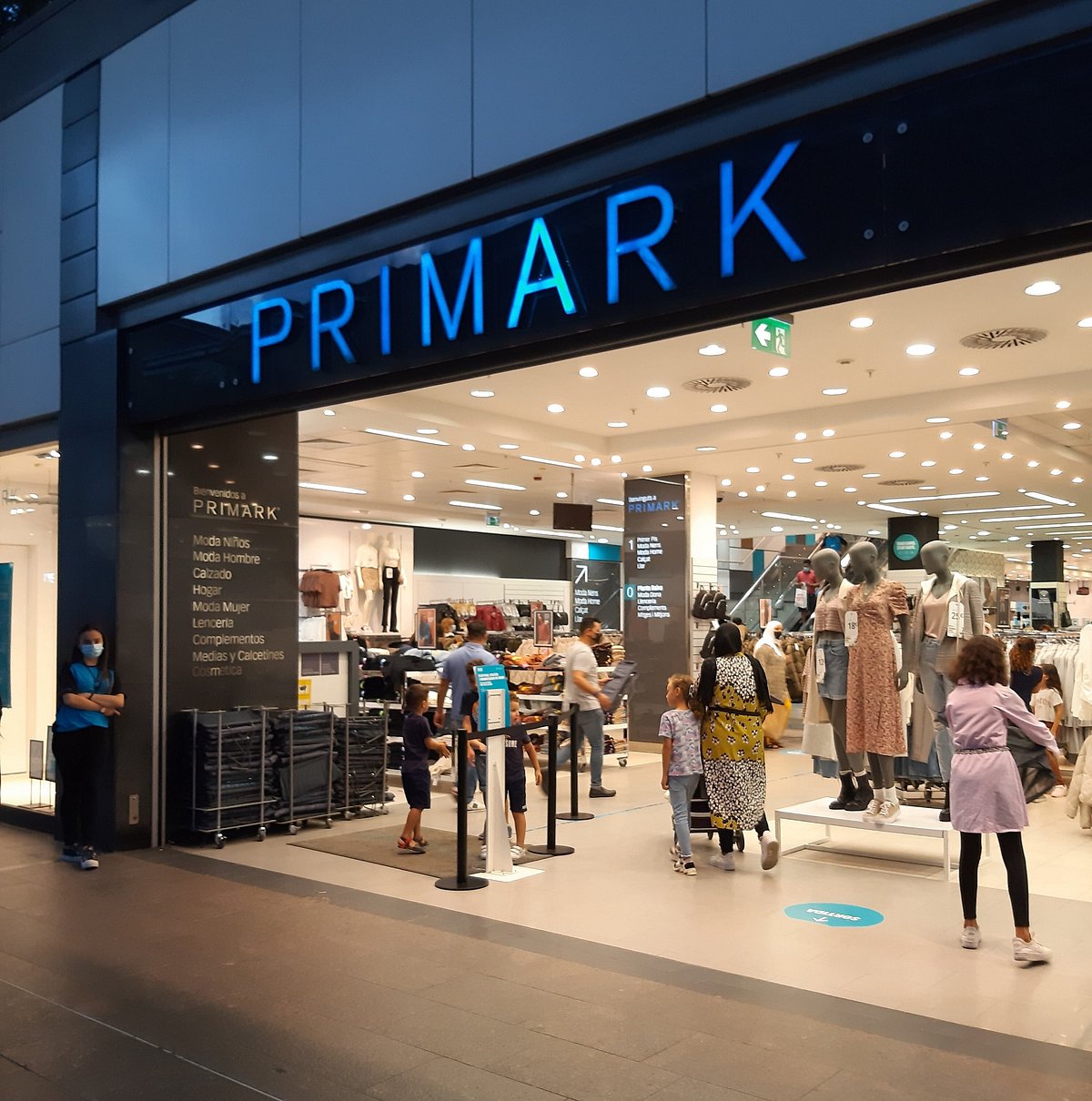Cotton is the main natural fiber used to make many of Primark's products. Primark's Sustainable Cotton Program was launched in 2013 in India, one of the company's main sourcing countries. In collaboration with agricultural experts CottonConnect and the Self-Employed Women's Association (SEWA), Primark helped train women farmers in sustainable farming methods to increase their cotton production and profits.
Following the program's expansion to Pakistan last year, more than 28,000 farmers participated in training in the two countries. The Irish retailer is now announcing the extension of the program to China, one of the world's largest cotton producers and a key supply point for Primark The company is working with CottonConnect, along with its local partner, the Heping Cotton Farmers' Cooperative, to include more than 80,000 independent cotton farmers in China in the program.
In addition, more men and women farmers will be enrolled in Primark's existing programs in India and Pakistan, meaning that by 2022, more than 160,000 farmers will have the knowledge and means to produce cotton using more natural farming methods.
Primark has taken other steps towards sourcing sustainable materials, such as its partnership with REPREVE® in 2021 to make its Skinny jeans. REPREVE Our Ocean® is a unique fiber made from recycled plastic bottles. The Irish multinational retailer also received Cradle to Cradle Gold Certification for its Mom jeans.
Primark has since announced a major expansion of its Sustainable Cotton Program, where it has committed to train an additional 125,000 smallholder cotton farmers in more sustainable farming methods in India, Pakistan and Bangladesh by the end of 2023, which will increase the expected availability of sustainable cotton for its products by 60%.
This will bring the total number of farmers participating in Primark's Sustainable Cotton Program (PSCP) to more than 275,000, an increase of more than 80%, and consolidate its position as the largest such program of any retail company in the fashion industry.
Environmentally Friendly Farming Methods
Cotton is the main natural fiber used to make many of Primark's products, from pajamas, T-shirts, and jeans to baby bodysuits, bedding, and towels. This cotton is often grown by farmers in rural communities in countries where knowledge of environmentally friendly farming methods is limited.
This is why the Sustainable Cotton Program was created, through which the life of the cotton is monitored from the very origin of the supply chain until the final product reaches Primark stores. This gives Primark and its customers complete confidence in the origin of the cotton used, ensuring that the products are environmentally sustainable and have a positive impact on farmers' livelihoods.
The expansion of the program into China comes at a time of increasing demand for sustainable cotton products at affordable prices. In 2017, Primark first introduced sustainable cotton from the program in one of its most popular product lines, women's pajamas, under the Primark Cares initiative.
Since then, more than 14 million pajamas have been sold, along with 3 million women's jeans, and 6 million comforters and towels made from sustainable cotton and monitored throughout the production cycle.

About CottonConnect
CottonConnect is reimagining the future of supply chains, helping brands source more fairly and sustainably by creating stronger, more resilient, and successful raw material supply chains. This enables textile producers and raw material farmers to work more responsibly and enjoy better livelihoods. It also helps brands access more sustainable cotton and other natural fibers to create transparent, traceable, and robust supply chains that continue to deliver the best raw materials, now and in the future.
